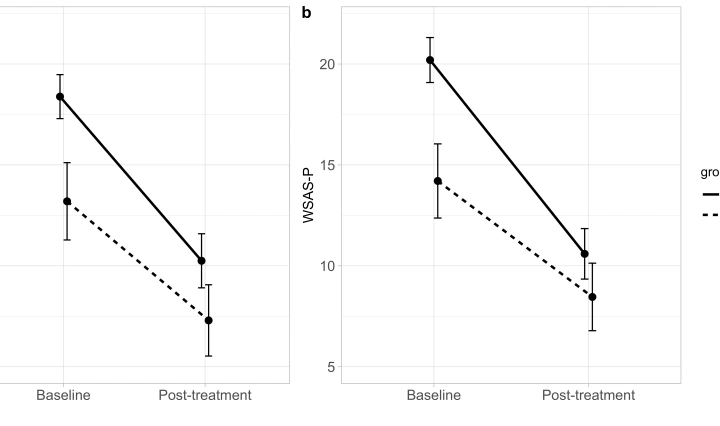I was gladly surprised to find the print copy of “Innovations in CBT for Childhood Anxiety, OCD, and PTSD: Improving Access and Outcomes” on my desk when I came back from my late summer holiday. Me and my colleagues Kristina Aspvall, David Mataix-Cols and Eva Serlachius wrote the chapter on new technologies for the delivery of CBT for pediatric OCD, including webcamera-supported approaches, internet-delivered CBT, apps and virtual reality (VR). In its entirety, this book is a real whopper of over 700 pages, and offers plenty of valuable information of the latest innovations for better access to CBT. You can … Continue reading New technologies to deliver CBT for kids with OCD







